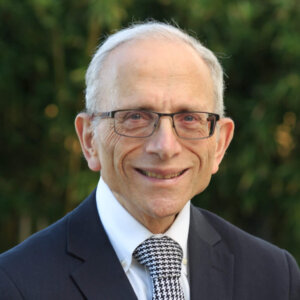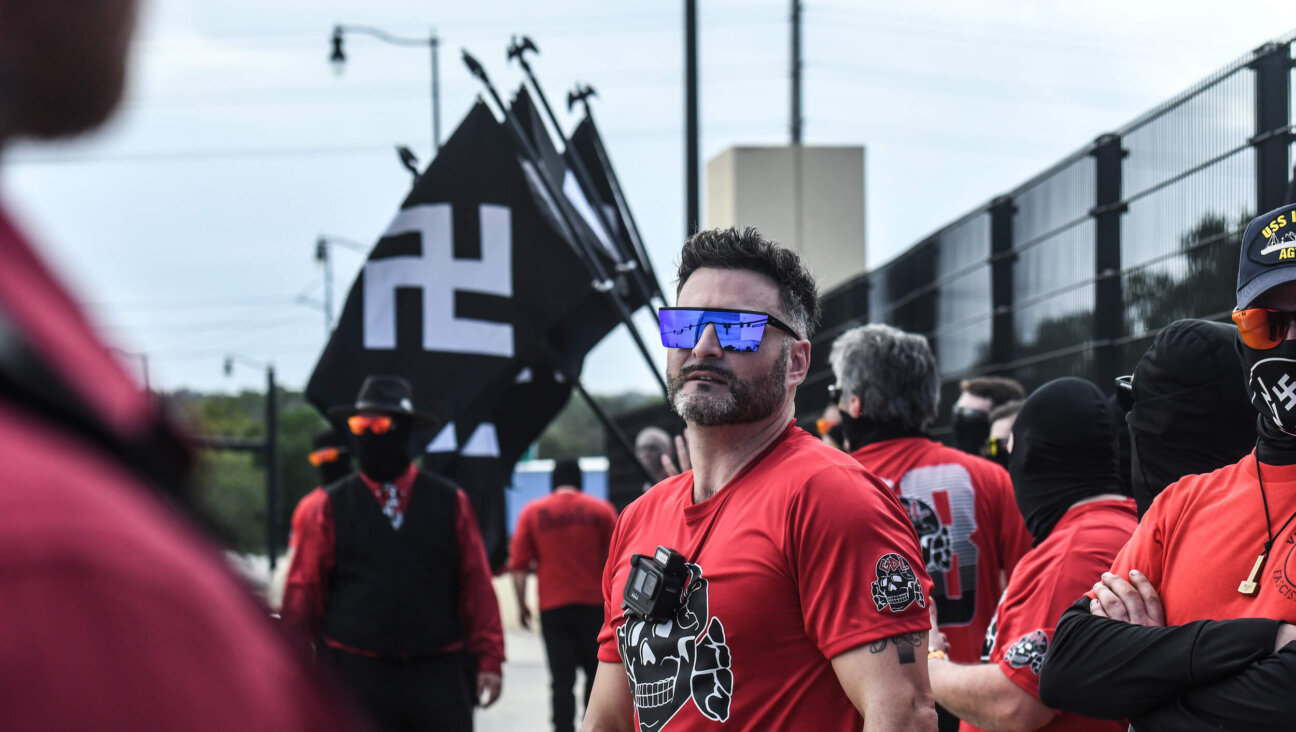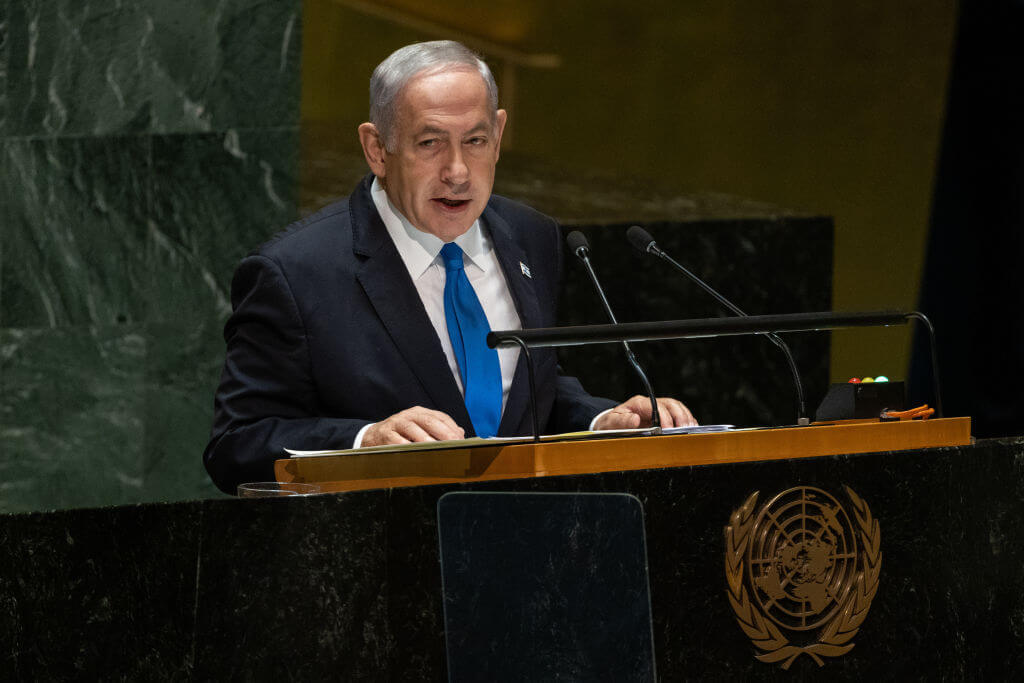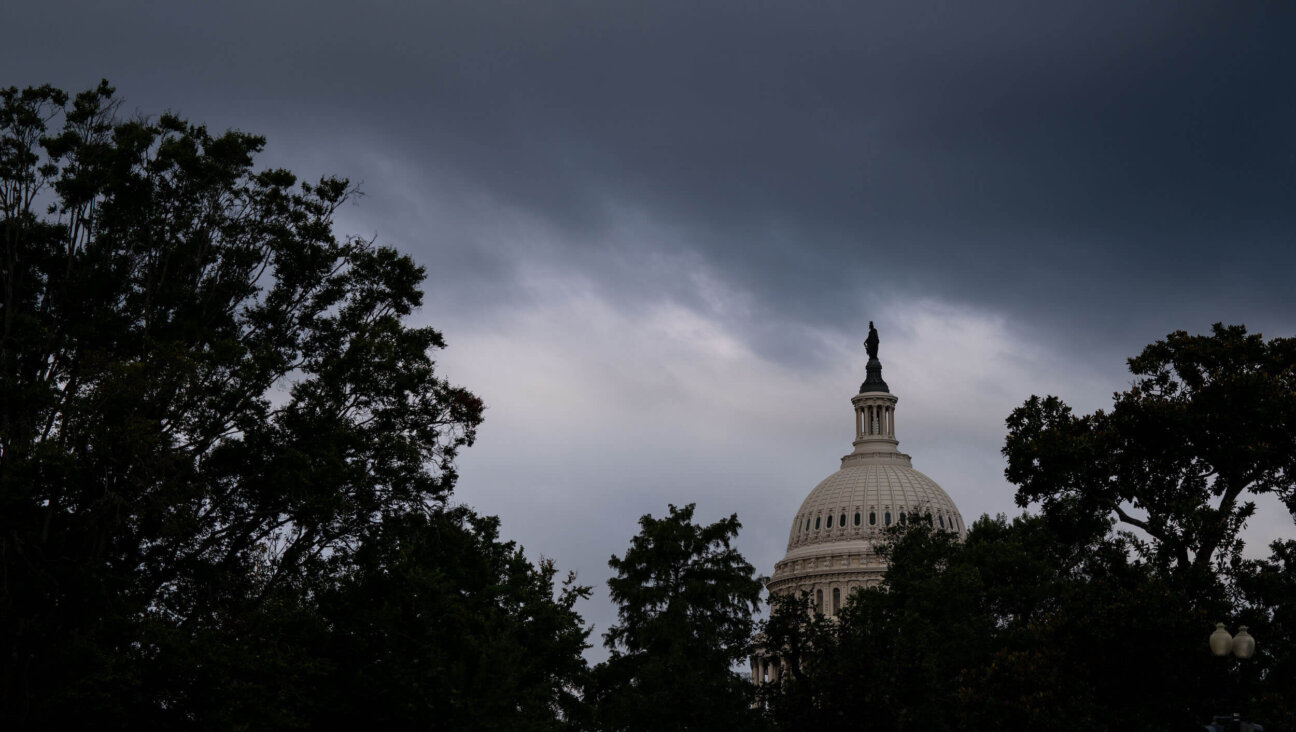Returning to Moscow, Where Jews Are Building, Not Fleeing
I last visited Russia in 1986. I came then, along with the late Judaic studies scholar Benny Kraut, to meet with refuseniks, the courageous Jews who demanded the right to emigrate to Israel. Our activities were covert, and during the course of a single week Benny and I experienced the fear that constantly accompanied the Soviet Union’s Jews at that time. Our hotel room was bugged and, on one occasion, we were hidden in a closet while the KGB interrogated our hosts.
This time, I came to Moscow with a group of students from Brandeis University’s Hornstein Jewish Professional Leadership Program. Moscow’s Genesis Philanthropy Group sponsored the trip, and our goal was to become acquainted with the post-Soviet Jewish community and its institutions. Everything about this trip was open and public. We came to learn, not to conduct “clandestine activities.”
Moscow is much lighter and brighter these days. The drab communist-era block housing has been joined by modern, architecturally interesting buildings, including shopping malls. Large outdoor video ads (some of them racy), neon signs and well-lit buildings add to the more cosmopolitan feeling of the city. Traffic is terrible — meaning that more people than ever can afford cars — and people are no longer afraid to chatter in the streets.
From a Jewish perspective, the transformation is especially striking. Twenty-five years ago, whatever Jewish life existed in Moscow transpired underground. The teaching of Hebrew was illegal, most Jewish gatherings were banned, the Choral Synagogue was filled with spies and the most conscious of the city’s Jews were the refuseniks, who sought to leave Mother Russia forever.
Nowadays, Jewish activities take place in public all around Moscow. Moscow’s most prestigious university, Moscow State University, boasts a department of Jewish studies whose students pursue Jewish scholarship on a high level. The Lipman School, a large Jewish day school (one of at least four in the city), teaches both secular and Jewish subjects, as well as the Hebrew language. We found it filled with proud and eager students.
The 120-year-old Moscow Choral Synagogue has been spruced up and boasts at least 150 worshippers on Friday night and Shabbat morning, young people as well as senior citizens. It is one of several synagogues in the city, including a small but ambitious Reform congregation.
A Jewish cultural center serves as a focal point for the community. There are, in addition, Jewish welfare centers, childcare centers, summer camps, Hillel, a Holocaust center, a large Chabad center, a Moishe House, several kosher restaurants and many individual Jewish organizations.
For a city that had no public Jewish face at all 25 years ago, this is an astonishing accomplishment. It is a tribute both to a heroic coterie of local Jews, who worked tirelessly on the ground, and to organizations like the American Jewish Joint Distribution Committee and Chabad that provided funding and professional expertise. In recent years, support has also come from local Russian Jewish philanthropists, and in some cases from the Russian government itself.
We encountered a wide range of Jews in Moscow. Some, including several young baalei teshuvah, are religious Jews, divided among a number of feuding “chief” rabbis, including the politically astute and Chabad-affiliated chief rabbi of Russia, Berel Lazar, and the able, longtime chief rabbi of Moscow, Pinchas Goldschmidt. There is also, as noted, a small Reform community.
A much larger group of Jews define themselves in secular terms. In a country where people are defined by nationality, they see themselves as part of the Jewish nationality. They have very little interest in religion but identify as Jews and are glad to associate with Jews.
Many of these Jews describe themselves as being only partly Jewish, the products of widespread intermarriage. National identity, in Russia, generally follows patrilineal lines, so there are many who know themselves as Jews but have Jewish fathers, not Jewish mothers. Others, by contrast, do not know themselves as Jews at all, but are still Jewish by ascription. Russians know them as Jews, and they may admit to having had a Jewish ancestor, but they have no interest in identifying as Jews themselves.
Israel plays a highly significant role in Russian Jewish life — the payoff for Israel’s deep involvement in the Soviet Jewry cause. The Russian Jewish prayer book used at the Choral Synagogue identifies Israel as “our national home.” Most Russian Jews have relatives there, and many visit regularly, since trips are comparatively inexpensive and require no costly visa (unlike trips to and from the United States). Taglit-Birthright also brings young Jews from Russia to Israel. In addition, there are Russian Jewish emigrants to Israel who have now returned to live in Moscow, and some Jews who apparently go back and forth.
These many and varied ties to Israel carry significant long-term consequences. Were conditions to deteriorate in Russia (always a possibility), it is clear that large numbers of Jews would unhesitatingly move there. Where 25 years ago, the Jews we met had for the most part never been out of Russia, today’s Russian Jews are well traveled and more cosmopolitan in outlook.
We encountered no evidence of the “distancing” from Israel that one sees in Europe and hears about in the United States. Indeed, according to Mikhail Chlenov who spoke to our group, support for Israel is stronger and anti-Semitism weaker in contemporary Russia than it is in most of Europe. While there continues to be a pervasive fear of Russian nationalists, who consider Jews outsiders, nationalist hatred is focused today mostly on migrants from the Caucuses and dark-skinned immigrants. To be sure, nobody has forgotten the recent past (including a series of bombings and attacks on synagogues in the post-Soviet era). But anti-Semitism does not rank high on the list of challenges that the community talks about.
Instead, the pervasive challenges that the community discusses are assimilation and demographic decline. Many believe that the only future for Russia’s Jews lies in the large communities of Moscow and St. Petersburg; the smaller Jewish communities, they claim, are for the most part unsustainable. We also heard this disputed, most notably by Rabbi Lazar, who takes pride in the “hundreds” of Jewish communities returning to life in the former Soviet Union. Nobody, though, disputed the demographic decline. It is particularly visible in the small number of young children that one sees (especially in contrast to old people). Of course, demographic decline is likewise characteristic of Russia as a whole.
Lack of Jewish knowledge and involvement, large numbers of single Jews and a birthrate far below replacement level — these, one senses, are the Russian Jewish community’s central contemporary challenges. Having moved from “slavery to freedom,” Russian Jewry is now experiencing the same kinds of problems that Diaspora Jews face the world over. Twenty-five years ago, when I was last in Moscow, that would have been impossible to foresee.
Jonathan D. Sarna is the Joseph H. & Belle R. Braun Professor of American Jewish History at Brandeis University and chief historian of the National Museum of American Jewish History.
A message from our CEO & publisher Rachel Fishman Feddersen

I hope you appreciated this article. Before you go, I’d like to ask you to please support the Forward’s award-winning, nonprofit journalism during this critical time.
We’ve set a goal to raise $260,000 by December 31. That’s an ambitious goal, but one that will give us the resources we need to invest in the high quality news, opinion, analysis and cultural coverage that isn’t available anywhere else.
If you feel inspired to make an impact, now is the time to give something back. Join us as a member at your most generous level.
— Rachel Fishman Feddersen, Publisher and CEO
























